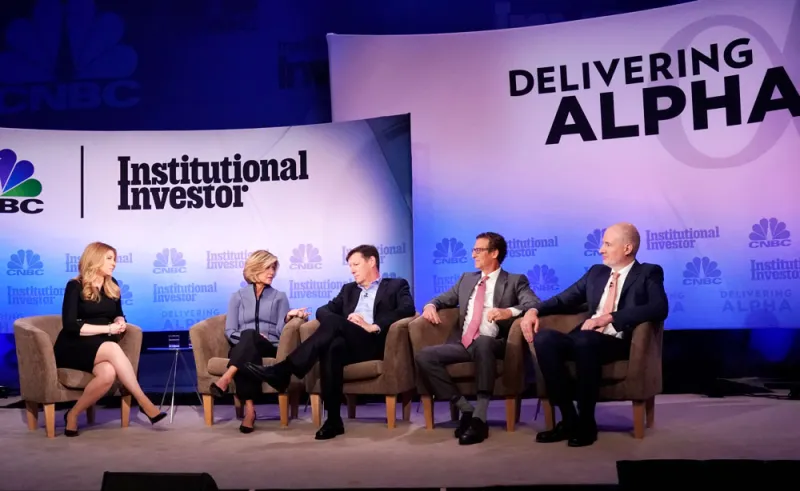
The "Where in the World is Alpha?" panel at the CNBC Institutional Investor Delivering Alpha conference.
(Heidi Gutman/CNBC)

The "Where in the World is Alpha?" panel at the CNBC Institutional Investor Delivering Alpha conference.
(Heidi Gutman/CNBC)